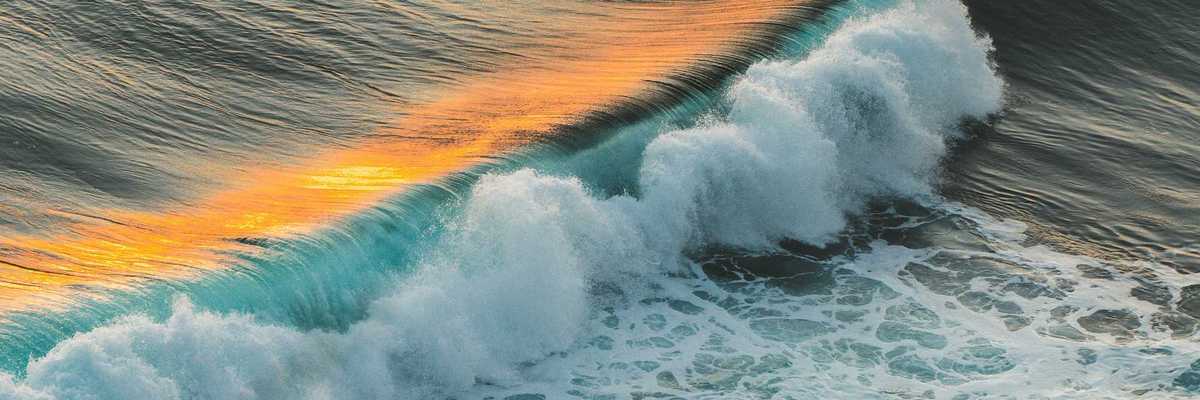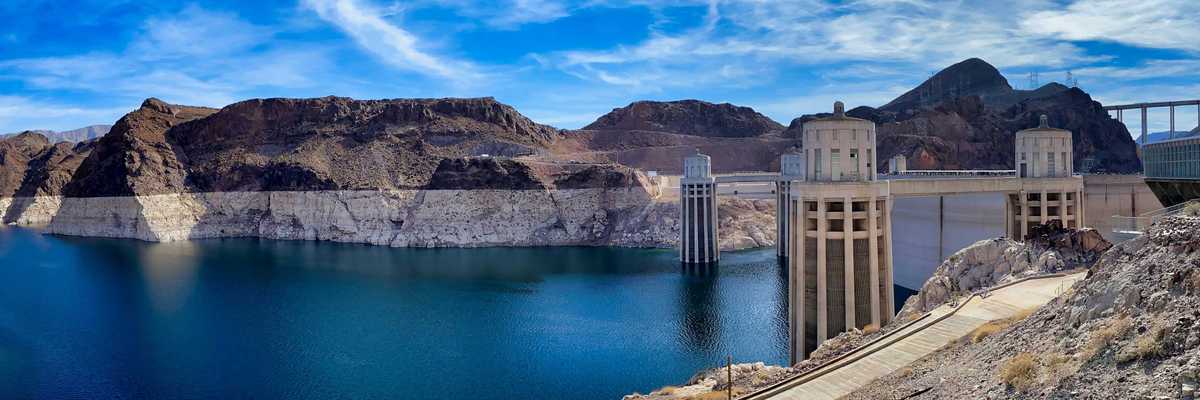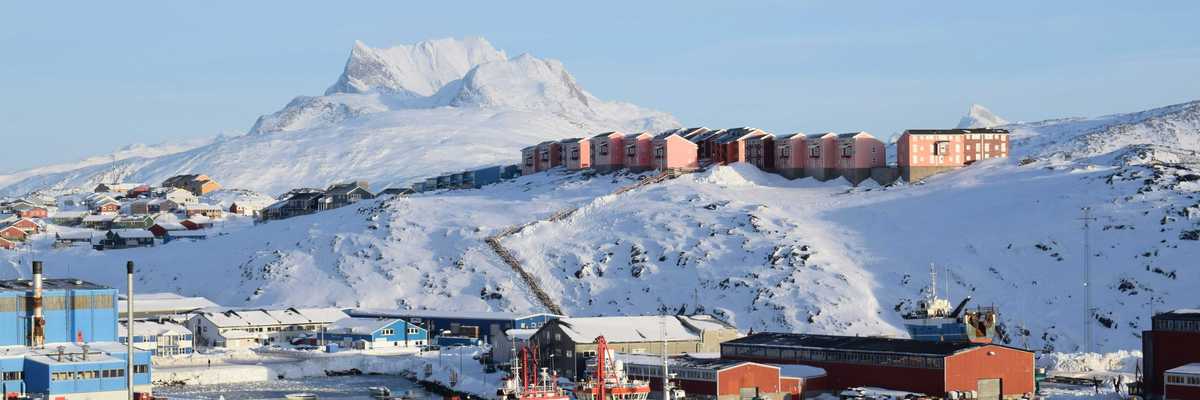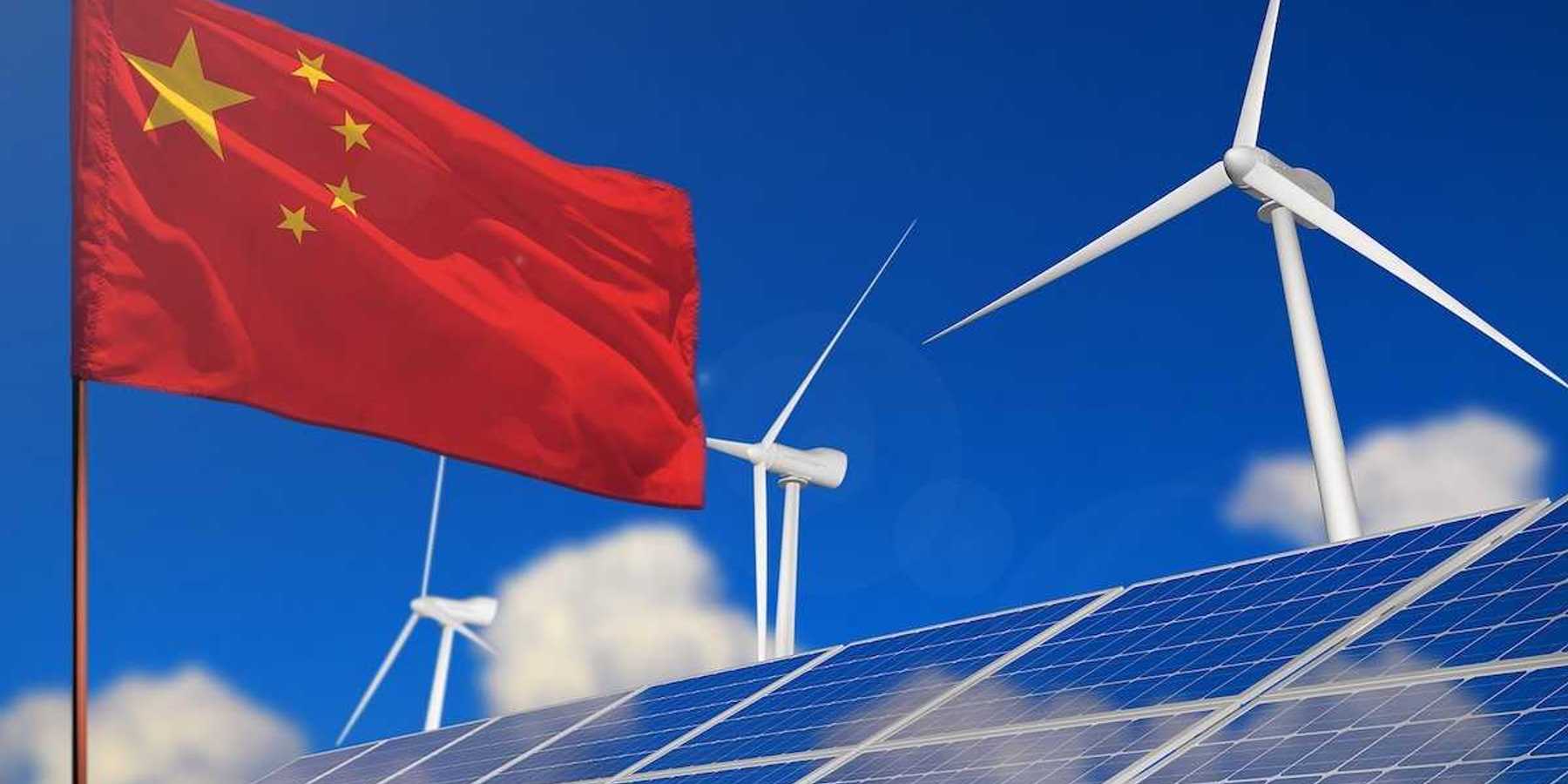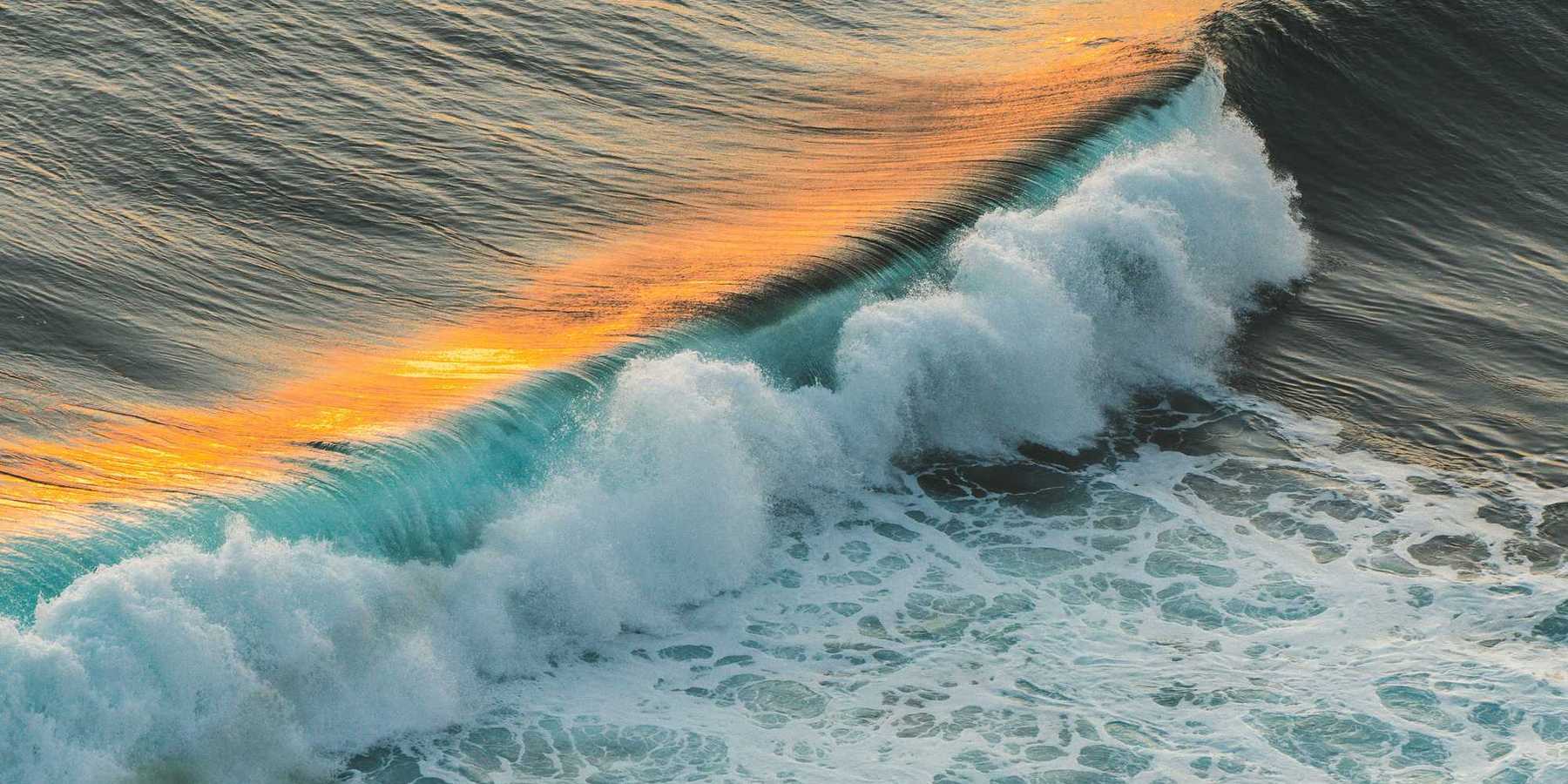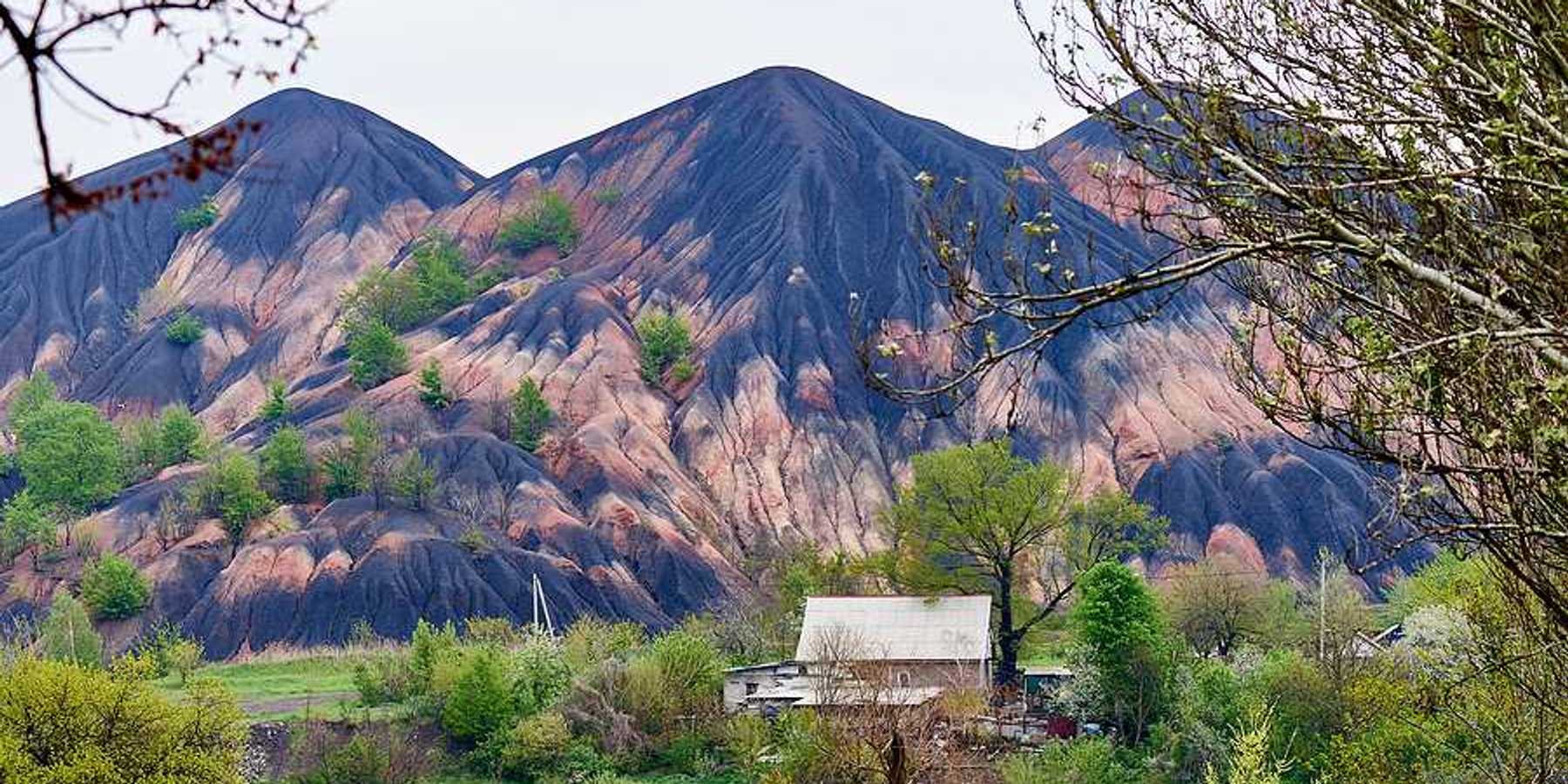line 5
The Bad River Tribe continues its fight to remove Line 5 pipeline from their land
A long-standing legal dispute between the Bad River Band of Lake Superior Chippewa and Enbridge over the Line 5 oil pipeline threatens the tribe's wetlands and water supply.
In short:
- The 71-year-old Line 5 oil pipeline crosses the Bad River Band's reservation, and the tribe is fighting in court to have it removed.
- Enbridge has proposed rerouting the pipeline to avoid the reservation, but the tribe remains concerned about environmental impacts from the new route.
- The tribe fears an oil spill could devastate critical wetlands and wild rice beds, vital to their food and culture.
Key quote:
“I think it is remarkable that you could have a pipeline with easements that expired more than a decade ago, that a landowner has sued to have removed and that a federal court has determined is in trespass, yet is allowed to remain in operation.”
— Phil McKenna, reporter.
Why this matters:
An oil spill from Line 5 could severely damage the fragile wetlands and ecosystem that the tribe depends on for sustenance and cultural traditions. The court's decision will shape the future of these vital resources.
Activists meet with Canadian official to discuss concerns about Line 5 pipeline
Activists have called on a Canadian consular official to close the Line 5 oil pipeline, citing environmental and Indigenous rights concerns.
In short:
- An international coalition presented a letter to a Canadian consular official, urging the revocation of a treaty that supports the operation of Line 5.
- The pipeline, which traverses tribal lands, has been deemed trespassing by a court, with orders for partial closure by 2026.
- Enbridge disputes these claims, citing a 1992 easement and arguing against treaty violations.
Key quote:
“It’s hypocritical and irrelevant for the Canadian government to invoke the 1977 treaty while ignoring the long standing treaties they have with First Nations.”
— Andrea Pierce, Little Traverse Bay Bands of Odawa Indians citizen
Why this matters:
Line 5, part of a network operated by Enbridge Inc., runs under the Straits of Mackinac, connecting Lake Huron and Lake Michigan. This location is pivotal for its natural beauty and as a vital freshwater resource. Critics argue that any potential oil spill could devastate these waters, which are important for local ecosystems and the millions who rely on them for drinking water.
The pipeline also crosses areas significant to local Indigenous communities, who have raised alarms about the infringement of their sovereign rights and the risks to their lands.
Pipeline debate heats up in Michigan and Wisconsin
Pipeline's future stirs political waves in Michigan and Wisconsin, spotlighting a contentious debate over environmental risks and economic benefits.
Rebecca Halleck and Dionne Searcey report for The New York Times.
In short:
- Line 5's debate straddles tribal sovereignty, environmental risks, and job prospects, underlining a significant clash between economic benefits and ecological safety.
- With both states being crucial in the electoral map, the pipeline's fate might sway voters' opinions amidst broader environmental and energy discussions.
- Legal challenges in Michigan and Wisconsin add to the controversy, with both states seeking solutions that address tribal rights, environmental concerns, and energy demands.
Key quote:
The pipeline is “a ticking time bomb in the heart of the Great Lakes.”
— Michigan Attorney General Dana Nessel
Why this matters:
Stretching more than 645 miles and carrying millions of gallons of oil and natural gas liquids daily, the pipeline's potential for catastrophic leaks poses significant risks to the Great Lakes region, a critical source of fresh water for millions and a biodiverse ecosystem. Proponents of the pipeline, including some labor groups and industry advocates, argue that Line 5 is essential for sustaining thousands of jobs and is critical for the regional economy, supplying refineries and providing energy resources.
Native tribes argue that the pipeline's operations infringe upon their sovereign lands, violating treaty rights established over centuries. These communities emphasize the importance of preserving their ancestral territories not just for cultural reasons but also for their inherent environmental value.
Gas and oil industry report projects fuel price hikes if Enbridge Line 5 is shut down
Whitmer: Enbridge dodging responsibility for potential spill
Michigan Gov. Gretchen Whitmer criticized Enbridge Inc. on Wednesday for refusal to commit to pay for damages caused by a potential oil spill from its pipeline beneath a Great Lakes channel.

